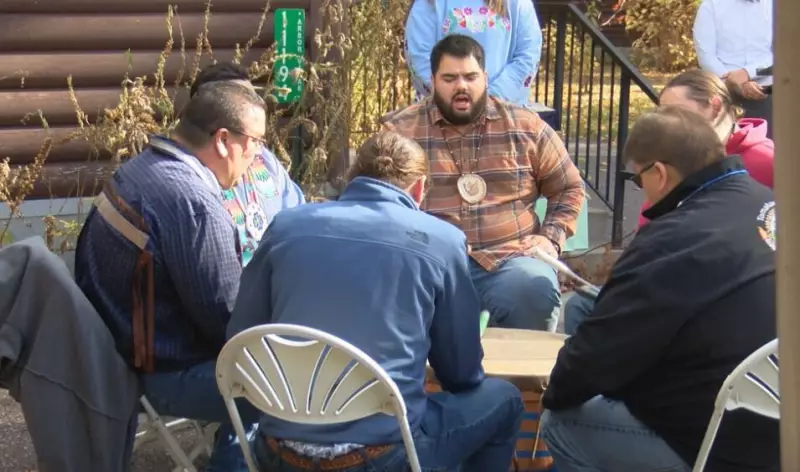
In a groundbreaking moment for indigenous rights and reconciliation, a Catholic institution has made history by voluntarily returning ancestral lands to the Lac du Flambeau Band of Lake Superior Chippewa. This landmark agreement marks the first time a Catholic organization in the United States has taken such significant restorative action.
A New Chapter in Indigenous Relations
The returned property, located in northern Wisconsin, holds deep cultural and spiritual significance for the Lac du Flambeau Tribe. For generations, tribal members had been separated from lands that were integral to their heritage and way of life. This transfer represents not just a physical homecoming but a spiritual restoration.
The agreement sets a powerful precedent for other religious and educational institutions across North America. It demonstrates how organizations can actively participate in healing historical wounds and addressing past injustices through concrete action rather than just words.
Building Bridges Through Action
This historic land return didn't happen overnight. It was the result of years of dialogue, trust-building, and mutual respect between tribal leadership and the Catholic institution. Both parties emphasized the importance of relationship-building in achieving this milestone.
The returned land will now be stewarded by the Lac du Flambeau Tribe, allowing them to preserve cultural practices, protect natural resources, and strengthen community connections to their ancestral homeland.
What This Means for Reconciliation
This landmark agreement comes at a time when many institutions are grappling with their historical relationships with Indigenous communities. The Catholic organization's voluntary action provides a tangible model for how religious and educational bodies can contribute to truth and reconciliation efforts.
The emotional significance of this homecoming cannot be overstated. For tribal elders and youth alike, this represents a reconnection to their roots and a validation of their cultural identity.
As similar conversations about land stewardship and indigenous rights continue across Canada and the United States, this Wisconsin agreement stands as a beacon of what's possible when institutions choose partnership over possession and reconciliation over retention.





